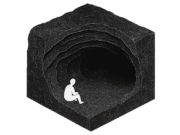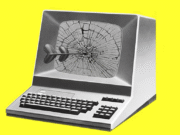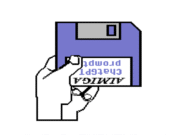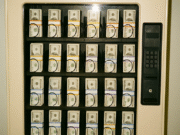Hustle culture says “work harder,” but science—and your sanity—say it’s time to work smarter, starting with your well-being.
Picture this: It’s another Monday. Your to-do list is longer than your weekend, the Slack pings don’t stop, and your third cup of coffee is giving you heart palpitations—not energy. In the background, you keep hearing the same advice: grind now, shine later. But what if the “shine” never comes because burnout gets there first?
We live in a world obsessed with productivity and performance. From endless side hustles to self-optimization hacks, career success feels like the ultimate prize. But here’s the inconvenient truth nobody puts on their resume: sacrificing well-being for work isn’t sustainable—and it’s probably making you worse at your job.
The Real Cost of Ignoring Well-Being
Science keeps dragging hustle culture, and for good reason. Chronic stress shrinks your attention span, tanks your creativity, and can leave you feeling like a robot running low on battery. Want to lead, innovate, or just get through the day without snapping at your boss? You need more than willpower—you need well-being.
Research shows that people who take care of their physical and mental health are not only happier, but also sharper, more productive, and better at handling curveballs at work. Think of well-being as your career’s secret upgrade. When you feel better, you do better.
But how do you pull it off when deadlines are looming, your inbox is a dumpster fire, and “self-care” sounds like a luxury for people with less going on? Here’s the good news: You don’t have to overhaul your life. Small, strategic changes can give you a legit edge—no retreat to a wellness spa required.
Focus Under Fire: How to Stay Sharp When Everything’s Urgent
Time-Box Your Tasks: When your brain’s on overload, break your day into focus sprints—30 to 60 minutes of deep work, then a real break. It sounds simple, but it’s the cheat code to avoid “fake work” and endless context-switching.
Set Micro-Goals: Big deadlines can be paralyzing. Divide them into bite-sized wins so you can build momentum (and enjoy the satisfaction of crossing things off).
Control Your Notifications: Every ping is a potential focus-ruiner. Schedule “do not disturb” windows—even 20 minutes can help you knock out work that usually takes an hour.
“Sacrificing your well-being for work is like pouring energy into a
leaky bucket—no matter how hard you hustle, you’ll never feel full.”
Building Your Defenses Against Job Stress
Establish Boundaries: The laptop can close at a reasonable hour. (Yes, really.) If you can’t log off, at least declare “no work zones”—maybe it’s your kitchen, or 8–9 p.m.—to let your brain know it’s time to recharge.
Normalize Asking for Help: Stressed? Overloaded? Talk to someone. Colleagues, friends, or even HR. Vulnerability isn’t weakness—it’s emotional intelligence in action.
Find Your “Off” Switch: Rituals signal your brain to stop doom-scrolling and start decompressing. It could be a walk, music, or a hobby that doesn’t involve screens. Consistency > duration.
Energy Hacks for Real People (Not Wellness Gurus)
Hydrate or Fade: Most of us are one glass of water away from feeling less zombie-ish. Keep a bottle on your desk and make drinking a habit.
Eat Like You Actually Matter: Balance your meals. Protein, fiber, and healthy fats beat a bag of chips and an energy drink (even if the chips are artisanal).
Move More, Even a Little: You don’t need a CrossFit class—just stand up, stretch, or take a lap around your space every hour. Movement = more energy.
Protect Your Sleep Like It’s Your 401(k): No phone in bed, no revenge bedtime procrastination, and if you can swing it, a regular bedtime. Sleep is when your brain does its best work—for tomorrow.
Prioritizing your well-being isn’t a sign you’re less ambitious—it’s how you outlast the competition. The future belongs to the people who can stay sharp, resilient, and actually enjoy what they do. The question isn’t whether you can afford to care for your well-being; it’s whether you can afford not to.










































